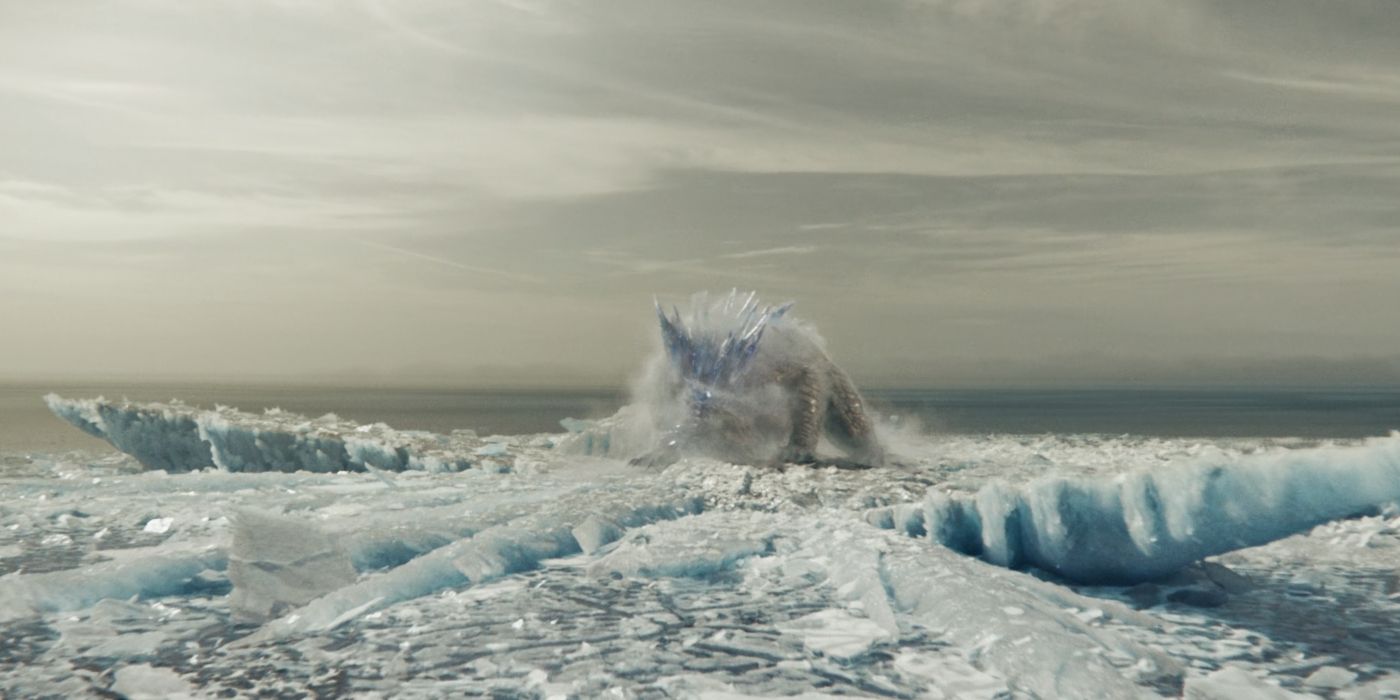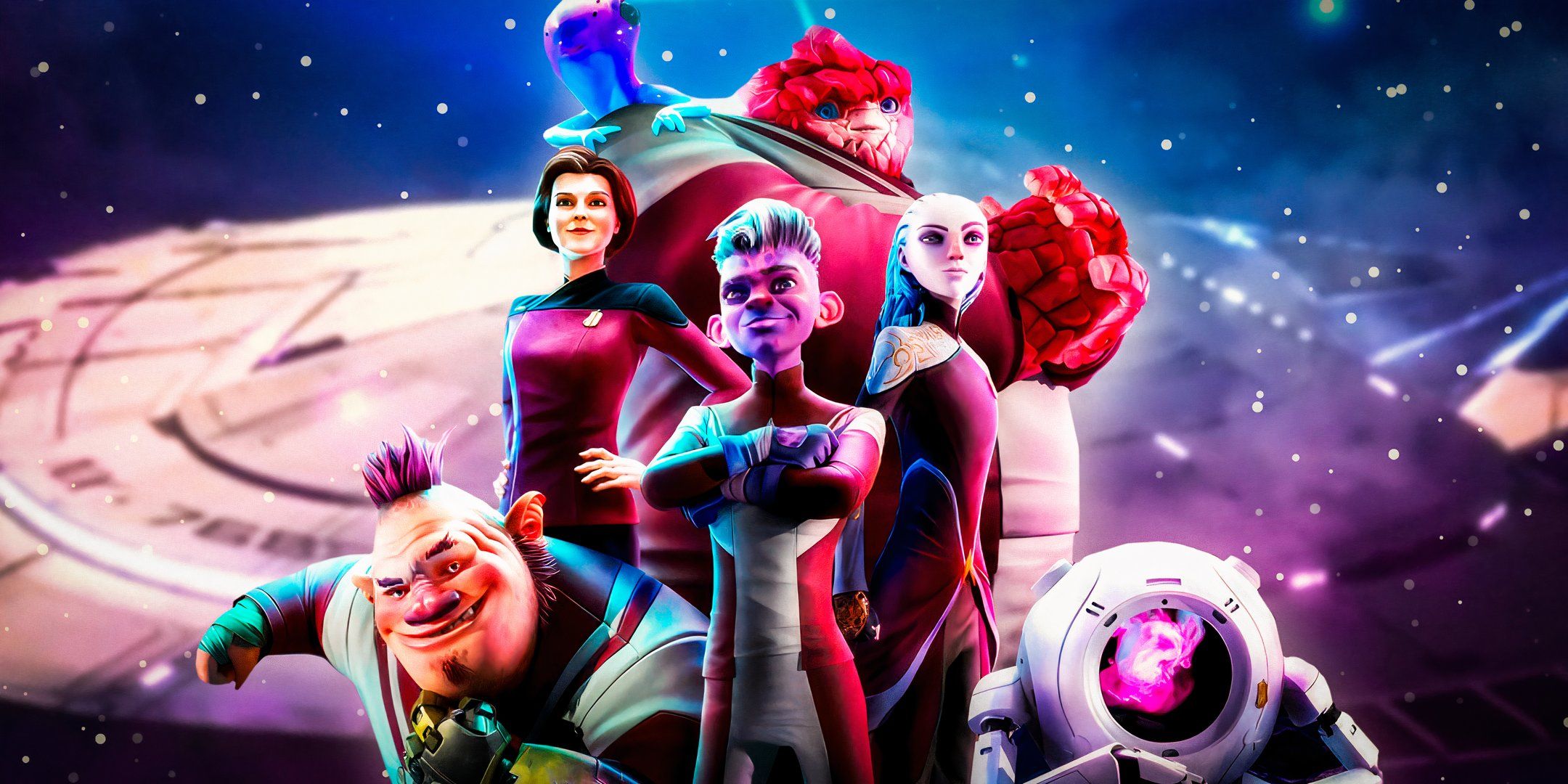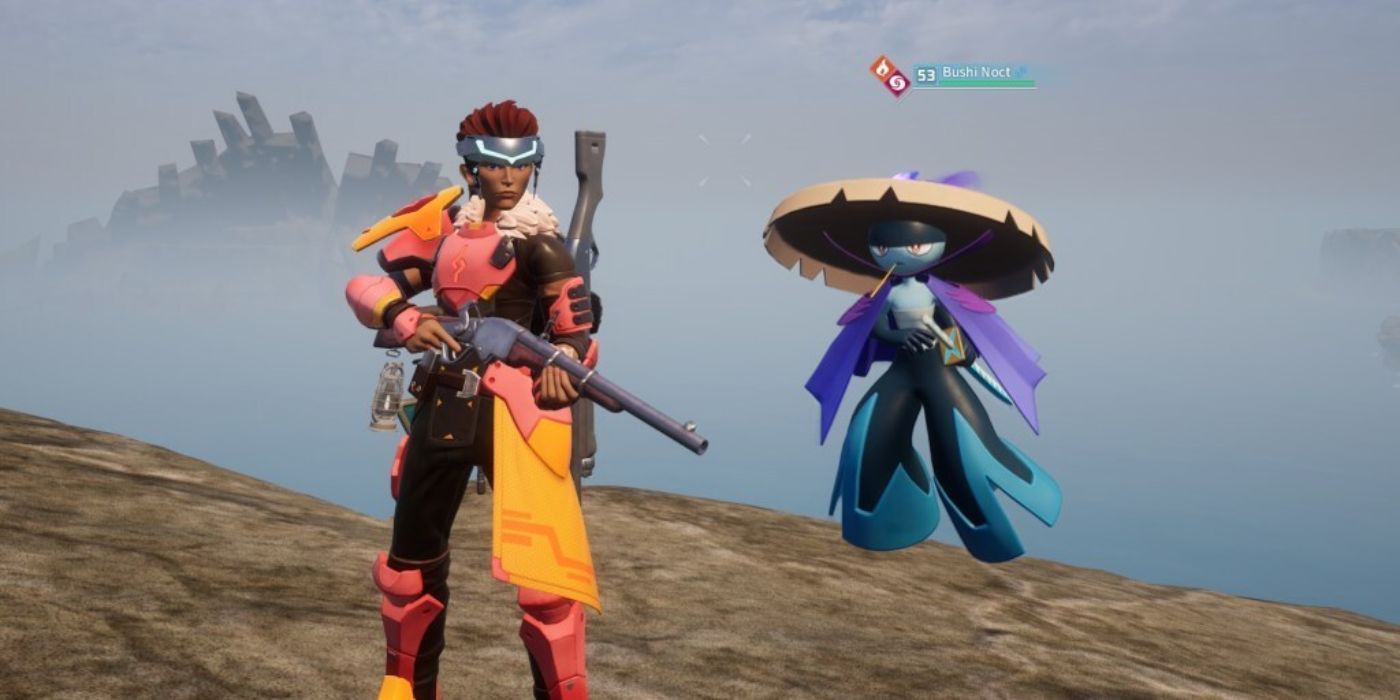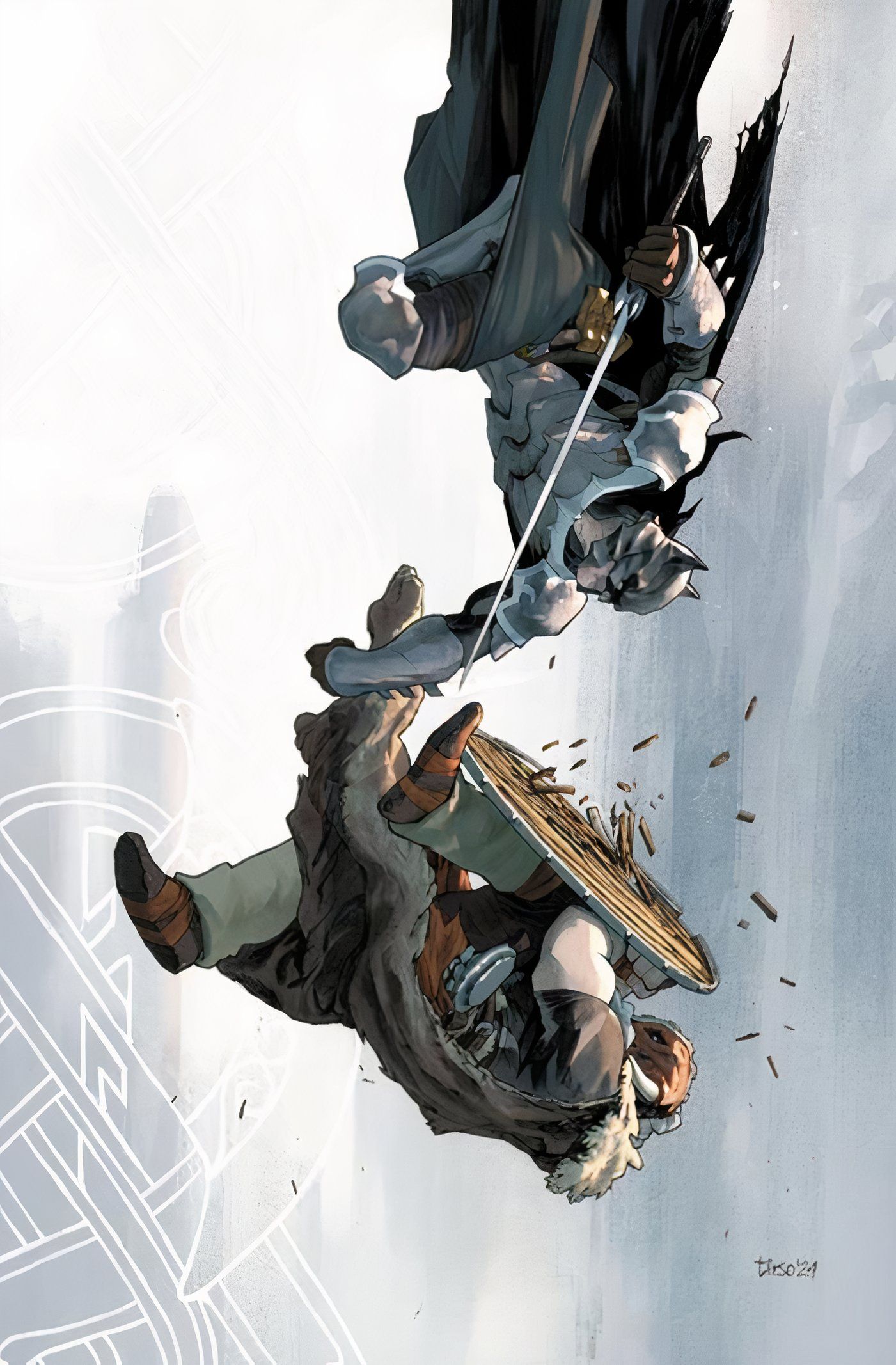Daisy Jones & The Six brought the world of 1970’s rock to Amazon Prime Video earlier this year and was praised both for its compelling drama and strong musical performances. The series is based on a novel of the same name by Taylor Jenkins Reid, which itself was heavily inspired by the real-life journey of ’70s icons Fleetwood Mac. Daisy Jones & The Six was originally conceived as a miniseries, but the success of the show has potentially opened the door for a second season down the line.
Music is at the heart of Daisy Jones & The Six, and the creators of the show turned to music supervisor Frankie Pine to help maintain authenticity and find the perfect collaborators. Pine is no stranger to the field; she previously worked on ABC’s Nashville, another series that put music at the front and center, and brought in top songwriters to pen its on-screen songs. Pine’s recent work also includes Are You There God? It’s Me, Margaret, and Book Club: The Next Chapter, for each of which she helped assemble a blend of songs to create and maintain signature tones.
Related: Daisy Jones & The Six Ending Explained
Frankie Pine spoke with Screen Rant about her work on Daisy Jones & The Six, Are You There God? It’s Me, Margaret, and Book Club: The Next Chapter.
Frankie Pine on Daisy Jones & The Six and More
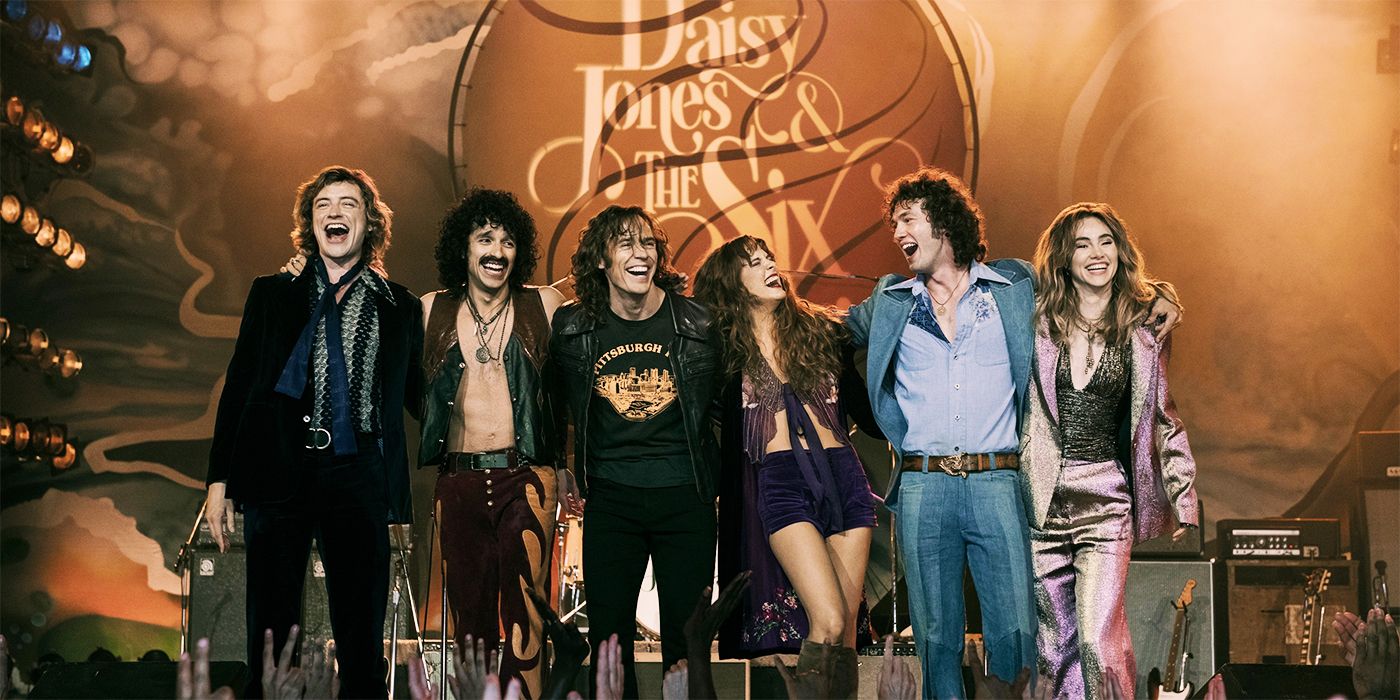
Screen Rant: I was reading about your work on Daisy Jones & The Six, and I saw that you got involved before the scripts were even done. Is that typical for a music supervisor?
Frankie Pine: The hope is [to be involved early], because [that’s helpful] if you really are in a place where you want to create something brand new and totally unique, which is what the intention of the project was. [The process] was, “Let’s bring the music supervisor on, they can help us find the executive music producer, and then the executive music producer can then start writing.” That’s when all the scripts started to kind of happen, so he could kind of get his head around what the songs needed to be about, where the placement of all of this stuff [is]. The wish of every music supervisor is that you get in from the very beginning so that you can really help guide everything.
I know there were song titles and lyrics in the book that were changed for the series. Do these changes come from the story being adapted in a different way, or is it just easier to start from scratch in a few places?
Frankie Pine: I think that there were certain songs, “Honeycomb” for instance, [where] we knew that it had to be “Honeycomb”, but the real title is “Look At Us Now (Honeycomb)”. We didn’t want to stifle the songwriters in any kind of way; we wanted them to freely be able to write what they felt was appropriate. It’s a songwriter job, and it’s a job [where] you can take certain titles or lyrics and be like, “I can spin off of that.” We really wanted our executive music producer to have that freedom and not feel so compelled that he had to follow the book directly.
You brought in Blake Mills to work on the music. Once you’ve done that, are you still involved in shepherding the music along the way?
Frankie Pine: It’s different on every project, but [knowing his experience], I didn’t feel the need to be there when Blake was writing. He’s an accomplished songwriter. There was lots of back and forth [and] I heard every demo that came in, so my opinion was heard, but I certainly didn’t feel like I needed to babysit the situation. I felt like we were in really good hands.
As someone who saw the cast go through the casting process and music lessons, was there someone who stood out to you in terms of the amount of work they put into preparing for the musical side of their role?
Frankie Pine: Josh and Will came in with probably the most experience. Will was a rhythm guitar player [but] he definitely had to put in work to learn those licks, especially Blake Mills licks. Blake Mills is one of the best guitar players in the world, so for Will to have to mimic that and play that was [a feat]. There was a lot of hard work in there. Josh was a guitar player that had to learn bass.
But I’d say Sam (Clafin) and Suki (Waterhouse) probably had to put in the most work. She didn’t know how to play the piano, and Sam certainly did not know how to play guitar. For the piano stuff, [with] movie magic, it’s a little bit easier to hide a piano player. You don’t have the camera go over the top of the keys, you have a pan in front so you can’t really see the hands, and stuff like that. But Sam was going to be front and center playing guitar. Suki started with, like, two hours [of practicing] every single day, and Sam was the same way. [They did] two hours every single day; everybody else put in like an hour. All in all, it paid off in the end; they know how to play these songs.
Because I love Nashville, was there anything you learned in working on that show that helped you out in coming to this one?
Frankie Pine: Yes. I got to meet the wonderful Mike Poole; he was our mixer on everything Nashville, and he was the guy that really made every pre-record sound live. I just knew, coming into this show, that there’s no way we could do the show without him. I brought him in very early. We talked a lot with sound, and we talked a lot with the post-production team, and [we talked a lot about] how Mike Poole was going to fit in within this world of bridging what we did live on set with the pre-record and doing those mixes that really give us that authenticity. To me, Mike Poole is our authenticity in sound. Meeting him on Nashville and hanging out in the recording studio with him on Nashville, it just was like, “Man, I don’t think I’ll ever do another project where I don’t use Mike as my guy to make everything come across as real and authentic.
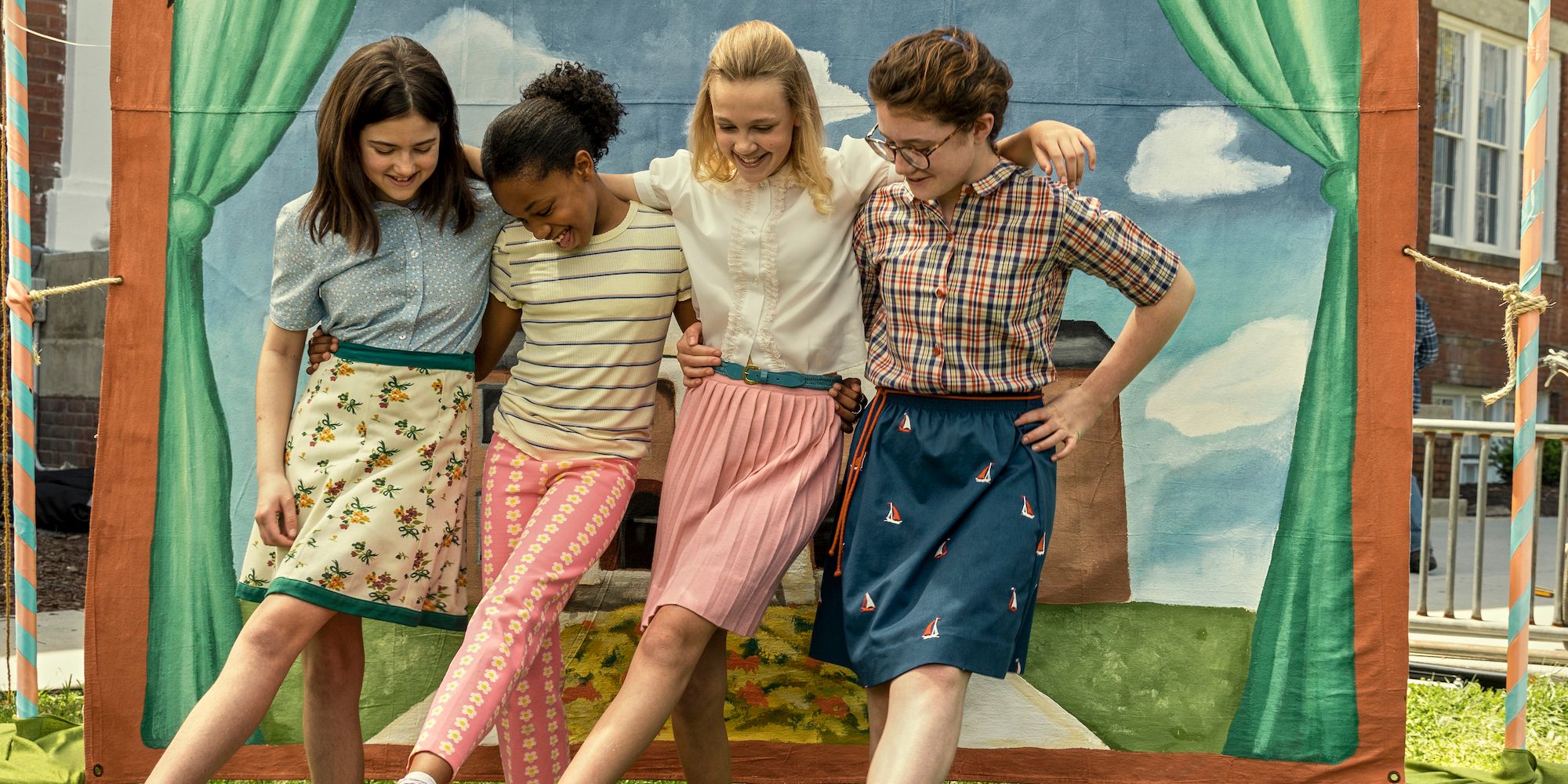
I’d love to ask about Are You There God? It’s Me, Margaret. There are moments when characters go into the city to see a show, and you’re like, “Okay, this song is happening because the character chose it,” but when you’re choosing the other songs in the film, how much do you think about what a character’s musical taste would be, or how the music reflects their personality?
Frankie Pine: It’s totally a factor. Whenever I start on something, I immediately make [playlists], like, “Here’s the Margaret playlist. Here’s what her mom would listen to. Here’s what her dad would listen to.” You want the music to reflect their personalities. The Joan Baez when [Barbara is] writing out Christmas cards was what her mom would have listened to. The Stevie Wonder for the dad. We found this great little Latin number for Grandma. It was all this really great ’70s music. What was awesome is that I was finding the songs for Margaret at the same time as I was finding the songs for Daisy Jones, so I was just in ’70s heaven for months, listening to ’70s music. What’s great is [that] I got to use a lot of ’70s music in Margaret that we didn’t really use a lot of in Daisy. I really felt like I ran the gamut of the ’70s during that time period.
Was there any song that you really wanted for either of those projects that didn’t work out?
Frankie Pine: I really, really wanted a Led Zeppelin song [in Daisy Jones & The Six]. I found this perfect scene: it’s the scene where Daisy and Nicky are just having a blast in their hotel room. They’re doing tons of drugs, but they’re jumping up and down on the bed. They’re having a great time; it’s just this frenzied mess of having a great time. I was very methodical in how to try to get Led Zeppelin. I told them there were going to be drugs in the scene, and I even said, “It doesn’t even need to be the hit song of Led Zeppelin. Just send me a list of stuff that you feel might clear.” I played around with a few different songs and ended up finding a song, and it worked great. It worked great, but we had to send the song to the band, and the band didn’t like the drugs in the scene, so we weren’t able to use it. That was pretty disappointing, but I love what we ended up with as well.
And Book Club: The Next Chapter just came out. I love that there’s an original song that Mary Steenburgen in the movie. Did you have any hand in helping her find collaborators?
Frankie Pine: She used Caitlyn Smith and Troy Verges, who, of course, I know from my Nashville days. It’s funny, because I got a lot of songs from Mary when I was working on Nashville, so I knew she was a songwriter. She’s very entrenched in that whole songwriter community in Nashville, so I didn’t have anything to do with who she was writing with. I just kind of got it rolling and did a little remix of it, and was able to get it put at the end of the film.
The soundtrack feels like this America-meets-Italy vibe, which I love. I really enjoyed the Italian covers of pop songs. Was there anything that you were really excited about in helping put that all together?
Frankie Pine: The fun one was the Hall & Oates cover, because when you’re doing a cover or a translation from English to Italian, it becomes a different copyright. A lot of artists won’t allow anybody to impede on their copyright. I went to BMG and I said, “Look. There’s never been a cover of this song. Do you think Hall & Oates would be willing to do this, and do you have somebody within your world that could make this happen?” They reached out to their Italian office and to a bunch of other people within their world, and had versions made for us, which was awesome. We ended up using this version that just is fantastic and so much fun.
All the while, we had to have Hall & Oates’ blessing on whatever version we were going to ultimately use. We were so thrilled that they were happy with the cover of their song as well, and it just made it really unique and a special piece of music for the film.
What do you have coming up?
Frankie Pine: I’m working on a film right now called The Idea of You with Anne Hathaway and Nick Galatzine. It’s a story of a 40-year-old woman who falls in love with a member of a boy band. Savan Kotecha wrote all the original pop songs for our boy band, I got to put Nick into boy band camp where he had to learn how to dance, and he plays guitar in it, and he plays piano in it, and dances. It’s a great fun movie, and I love it even more because it’s kind of my life. I ended up marrying somebody who was 14 years younger than me, so the fact that this story is being told, I think, is amazing.
About Daisy Jones & The Six
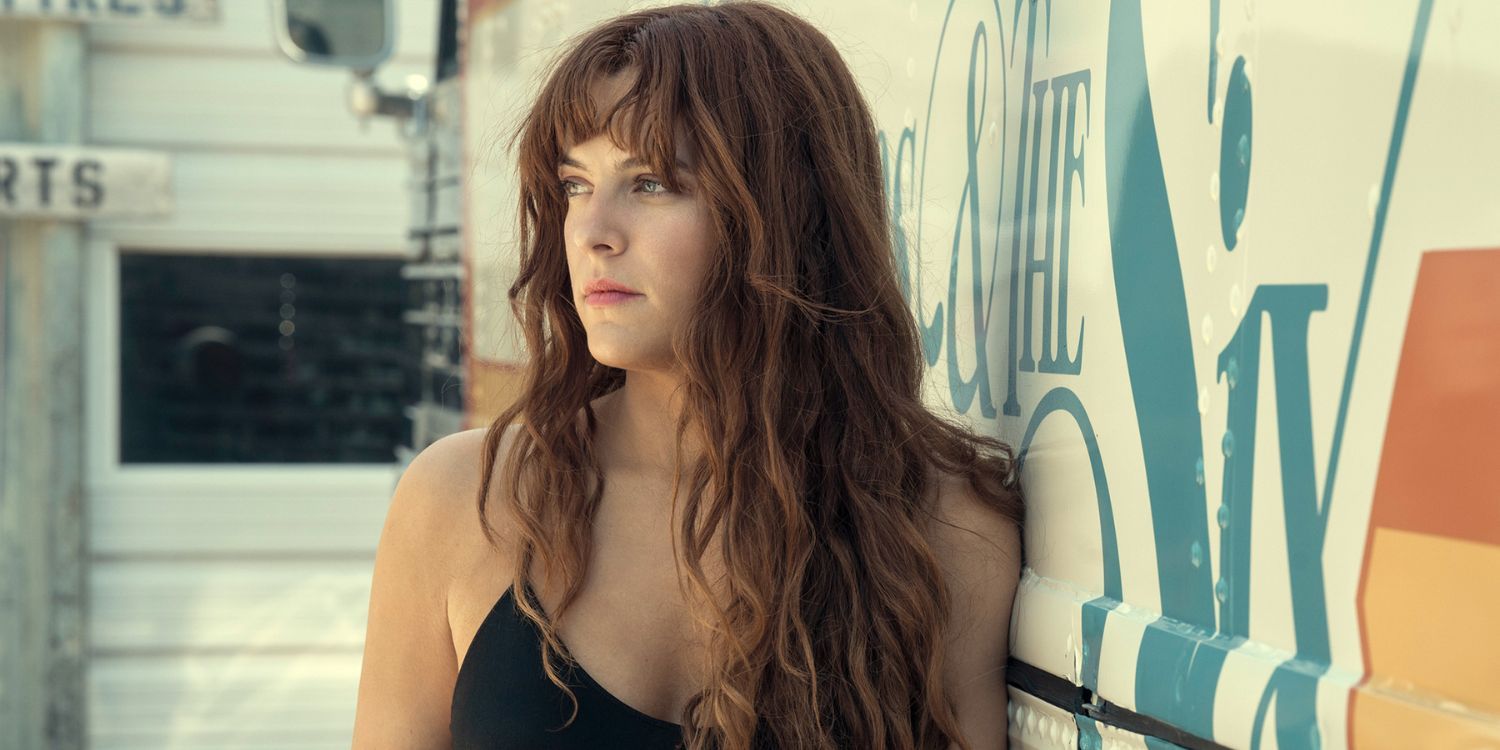
Based on the novel by Taylor Jenkins Reid, Daisy Jones & The Six is an Amazon Prime miniseries about a fictional band set in the 1970s. The original story followed Daisy Jones & The Six as they grew in this fictional timeline in Los Angeles while providing commentary on the 70s music scene. The series is loosely based on performances and events surrounding the band Fleetwood Mac.
Daisy Jones & The Six is streaming now on Amazon Prime Video.
